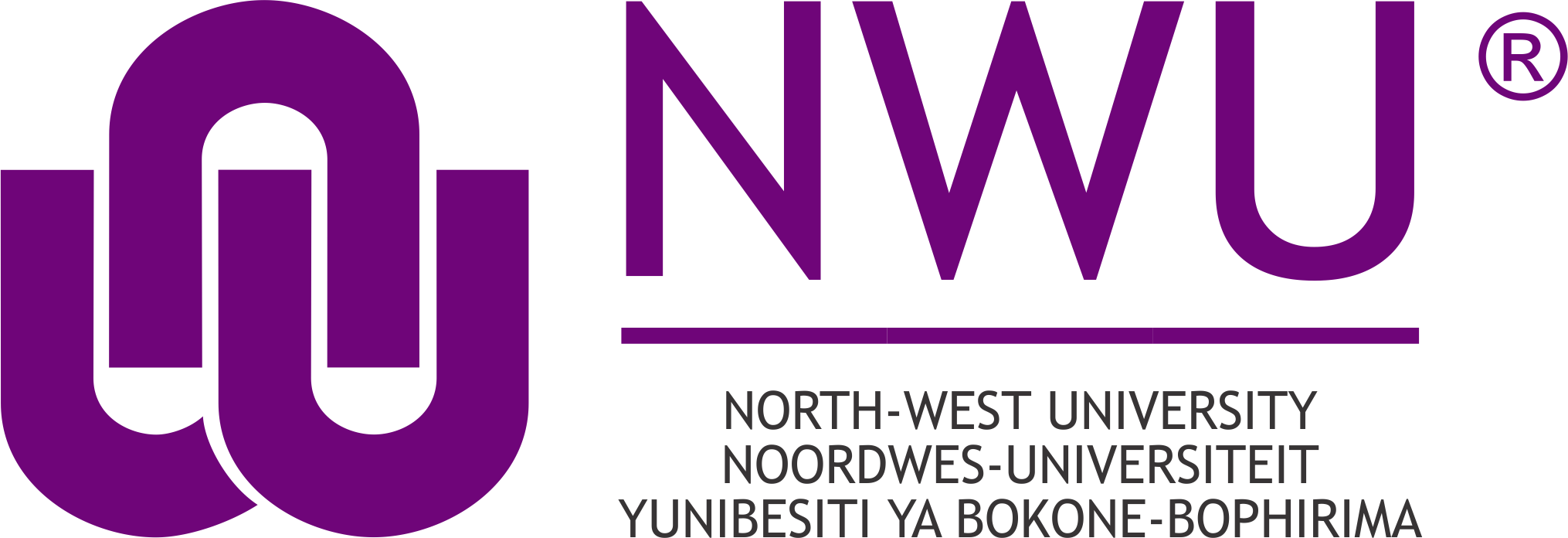NWU trusted with further research on nuclear power
It only happens in exceptional cases that the National Research Foundation (NRF) awards a third cycle of funding to a particular research initiative. This recently happened to the School of Mechanical and Nuclear Engineering at the North West University.
This school's SARChI chair (South African Research Chair Initiative) in nuclear engineering is the recipient of the funding. The South African Research Chairs Initiative was founded by the Department of Science and Technology and the National Research Foundation in 2006. It is designed to promote excellence and innovation in research at public universities through the establishment of research chairs with a long-term investment trajectory.
The main objectives of SARChI are to:
* Expand the scientific research and innovation capacity of South Africa; * Improve international research and competitiveness, taking into account South Africa's social and economic challenges; * Attract and retain excellent researchers and scientists; * Increase the production of master's and doctoral graduates; and * Create research careers for young researchers, with a strong output trajectory.
Prof Jat du Toit, who holds this chair, says this R16-million award that will be used over five years, can be accredited to the hard work, progress and leadership of his predecessors in the field of nuclear engineering. "The first chair was awarded in 2006. This third cycle that has been awarded to us, is proof that the NRF notices the value that our research adds to a specialist field of study. An international panel of experts confirmed that the research of the previous two cycles had been of an exceptional standard, and therefore further funding was approved," says Du Toit.
Among other things, the funds will be used to make bursaries available to doctoral and master's students. It will also be used for running research costs, equipment, salaries of employees, conference and workshop fees and travelling costs.
Although there is much controversy surrounding nuclear power in South Africa, Du Toit believes it is because many people do not really understand it. "We are not busy with research to build atom bombs, we are exploring an alternative, yet much-needed, way of energy supply and improving related technology. The main objectives of the chair will be to do world-class research and add value to the training of highly specialised engineers in order to meet the needs of the community. The emphasis is on new-generation light-water and high-temperature gas-cooled nuclear reactors with improved safety and efficiency properties," says Du Toit.
Du Toit and his team of researchers and students do not necessarily focus on the design of reactors, but rather on the computer modelling of their neutronics and thermohydraulics. The research will be harnessed to do computer-based simulation exercises to determine how a particular reactor will react under varying conditions. "It can help us identify problems at the reactors and find solutions for such problems."
True to their nature, nuclear reactors are extremely expensive to erect but in the long run more sustainable than coaling stations. The running costs of nuclear reactors are less than those of traditional coaling stations, they are cleaner, and the carbon footprint and wastes are minimal to none.
"Through our research we want to gain better insight into the processes that occur at nuclear reactors. We have to develop improved simulation equipment so that we can contribute to the improvement of nuclear technology. We are also tasked to explore the position that nuclear power can take in the blend of energy sources. This can only be to the advantage of industries and every consumer."
The National Research Foundation is of the opinion that the North-West University is well positioned to develop and improve existing technology further and is even capable of making an important international contribution.
South Africa currently has three nuclear reactors, two at Koeberg and Safari 1 at NECSA, of which the latter is mostly used for research purposes.
Prof Jat du Toit [email protected] 018 299 1322
